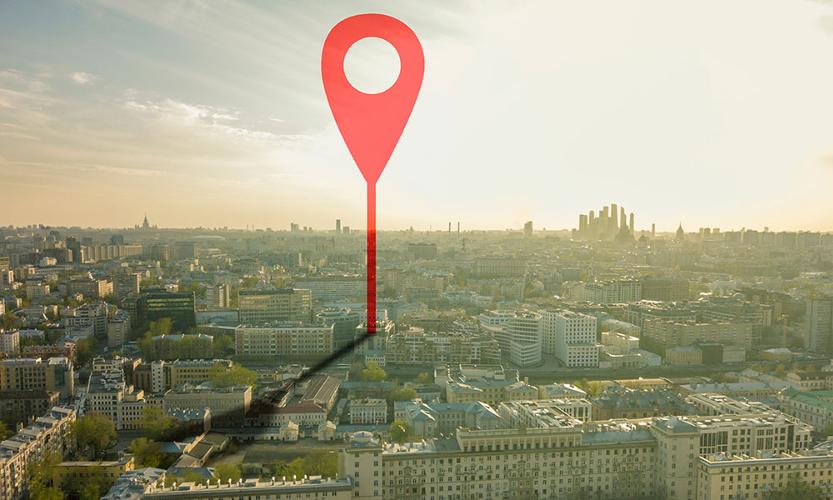What location should I choose for my website?
For a new business starting out online, your location matters.
It is as important as a new shop finding a good place on the high street, or a market trader finding a good pitch for their stall. There is one vital difference though: You have an advantage over the town centre traders because you can change your marketplace, without actually changing your location.
You can say you are based in London when you are based in Peckham, for example. Or even that you are based in the South East. Both would be technically true, and in theory give you access to a much wider marketplace, but be warned: This approach usually does not work.
It's better to be a big fish in a small pond...
When promoting yourself online, the best strategy is to pick your battles.

A newly established painter and decorator in London has no chance of being found online if they go up against the other thousands of painting and decorating businesses and their associated websites in one of the largest cities in the world.. To have a good chance of being found online you want to be in the top 10, ideally in the top 3 of a search engine results page. With those odds, and against such strong competition, you would be better off buying Lottery tickets!

A painter and decorator in Peckham, on the other hand, is up against far less competitors! This means with a meaningful website or online presence, and utilising your website as a marketing vehicle, you have an extremely good chance of being found on the first page by the 70,000 residents of Peckham when they search for a painter and decorator.
If you are a more specialised business, you can opt for a wider catchment area. But always remember to choose your battles wisely. For specialist suppliers, a local keyword would be almost redundant, if they expect to cater to a nationwide client base. These businesses need to be extra careful not to choose keywords that are too general.
As of December 2021, Google still accounts for 86% of online searches, so it is vital if you want to be found online to be on the first page of a Google search. If you can find a search results page for a keyword in your field of business with negligible competition this is a good business opportunity.
Key tips for choosing your website location:
- Find search results pages with fewer than 10 serious competitor websites
- Look at alternative ways of describing where you are, such as the district or county
- If your marketplace is too crowded specialise your keyword, for example interior painters and decorators
- Beware of locations with the same names
Don't Double Up
Tragically, there are many towns and cities in the UK with matching names. For example, businesses in Washington in Tyne and Wear, sometimes find themselves fielding inquiries from the United States, which is absolutely no use for a local tradesperson.
Giving search engines a chance to find out where you are, by giving your address on the contact page, and establishing a Google Business Profile, will mitigate that risk. Businesses in places like Newcastle, Whitchurch, or Newport can get around this problem by also mentioning counties or other identifiers, such as Newcastle-under-Lyme.
Lastly, unless you have a very good reason, do not alter your website location to somewhere you are not based. Saying you are a painter and decorator in Mayfair for example to try and get wealthier clients will not work. Unless your address on the website, your Google business profile (which is verified by post), and other online media, matches your keyword location, you will be doing yourself a disservice online, and find yourself rated below businesses who are actually located in Mayfair.
More Business Advice from DotGO
Why do thousands of
business owners
trust DotGO?
It starts with just one click





